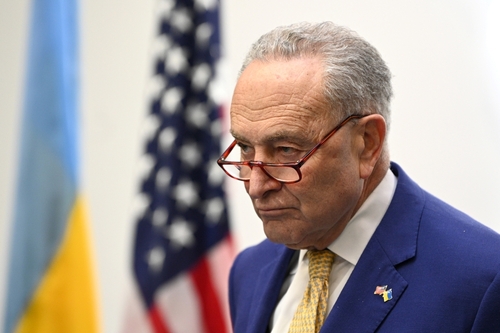A massive COVID-19 relief scam has led to 14 arrests, leaving many questioning the fate of the accused and their $25 million scheme.
At a Glance
- 14 individuals arrested for a $25 million COVID-19 relief fraud scheme.
- 18 defendants named in federal criminal complaints.
- Four suspects believed to be operating from Armenia have not been apprehended.
- Charges include conspiracy, wire fraud, bank fraud, and money laundering.
Details of the Arrest and Charges
The U.S. Department of Justice has arrested 14 individuals connected to an elaborate scheme aiming to acquire over $25 million in COVID-19 relief and federal business loans fraudulently. Amongst the accused, four are suspected of operating from Armenia and remain at large. These arrests stem from powerful federal criminal complaints against 18 defendants, charged with conspiracy, false claims, wire fraud, bank fraud, and money laundering conspiracy.
William McGrayan, alleged as a key orchestrator, is accused of forming sham organizations intended to secure fraudulent loans. Meanwhile, Samuel Shaw reportedly pocketed a considerable sum of over $700,000 through a deceptive Paycheck Protection Program application. In another instance, Mery Diamondz and accomplices allegedly tricked a bank into releasing a $3 million federally guaranteed loan by feigning a business sale.
Law Enforcement’s Actions
Upon arresting suspected individuals, federal agents executed raids that led to the confiscation of substantial assets. The seizures amounted to $20,000 in cash, money-counting devices, multiple phones, computers, and firearms. Authorities assert that these actions are a part of ensuring such fraudulent activities are brought to a halt and justice is served for any abuse of relief programs designated for genuine victims of the pandemic.
“This transnational criminal network sought to defraud the government of millions of dollars and almost succeeded.” – John Pasciucco.
Additional individuals charged include Felix Parker and Axsel Markaryan. If found guilty, these suspects could face lengthy penalties in federal prison, reflecting the severity of their alleged crimes.
Potential Implications
The crackdown underscores the alternate misuse of vital financial aids intended for relief amid pandemic struggles. It denotes a keen insight into the functioning of the underbelly of fraudulent acts amid global crises. While the apprehended suspects face severe legal consequences, thorough measures are anticipated to prevent similar scams in the future and safeguard essential relief programs.
“This transnational criminal network sought to defraud the government of millions of dollars and almost succeeded.” – John Pasciucco.
The deterrence of fraudulent acts serves as a pertinent reminder of the due diligence required in protecting societal welfare programs, acting as a safeguard against unethical manipulations.






